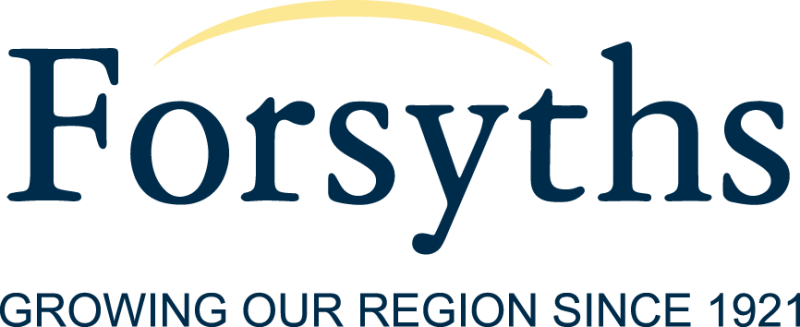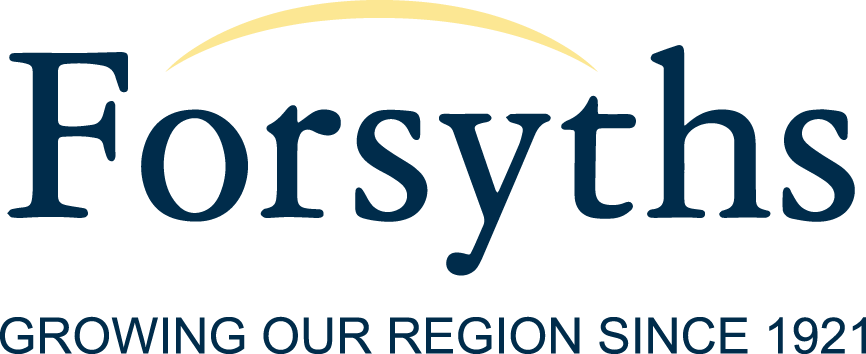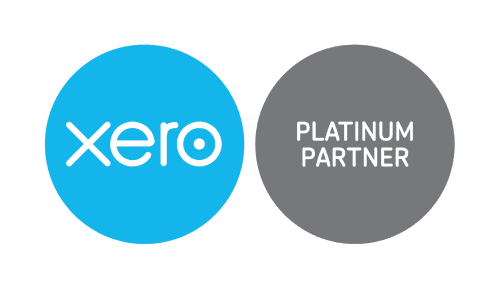
Your Business Structure
At the start of each year, business owners typically review their affairs, including at times their trading structure. Others may be going into business and choosing their initial structure. There are four main business structures – sole trader, company, trust, and partnership (or a combination of these).
Sole trader
This is how many businesses commence. Under this structure, an individual operates the business and is liable for all aspects of the business including income, debts and losses. These can’t be shared with any other individual. Advantages of this structure include simplicity, and minimal set up or ongoing costs. Disadvantages include personal liability, and also an inability to take on a business partner, noting however that as a sole trader you can still employ workers.
Company
Here, the directors (and mainly in the case of small businesses, shareholders) run the business. The company itself pays tax on the income at a reasonably low company tax rate of 25%, though directors can be personally liable for tax if they are caught by the personal services income (PSI) rules. These rules can come in to play where the business income is a result of your personal effort, expertise or skills. Subject to any personal guarantees or any director penalty notices being issued, companies provide asset protection for the owners, potential legal tax minimisation, they easily allow the admission of new business partners, and they can trade anywhere in Australia. On the downside, companies are not eligible for the 50% CGT discount, are highly scrutinised and regulated, and are reasonably expensive to establish, maintain and wind up.
Trust
This is quite a common business structure whereby the trustee holds your business on trust for the benefit of the beneficiaries (usually
the business owners, but can include other parties such as family members, companies etc). The trustee can be a person or a company and is
responsible for the operation of the trust including compliance with its deed. In practical terms, the beneficiaries pay tax on the trust
income that they receive from the trust at their own tax rate. Note however that trust income may be caught by the PSI rules, see earlier.
The advantages of a trust include asset protection (even more so when there’s a corporate trustee), potential legal tax minimisation, and
for family trusts compliance is relatively straightforward. On the downside, trusts can be complex, costly to establish, and on the tax
front losses are trapped inside the structure and can only be used to offset future income. Trusts are also a strong focus of the ATO.
Partnership
A partnership is a group or association of people who carry on a business and distribute income or losses between themselves (between two
and up to 20 people). The partners themselves are liable for tax on the income from the partnership commensurate with their share of the
partnership, however this is again subject to the PSI rules – see earlier. The losses and control of the business are also personally
shared. Partnerships are governed by a partnership agreement which should be in writing and deal with all aspects of how the partnership
operates.
Some of the advantages of operating a partnership is that they are easy to understand, reasonably inexpensive to set up and maintain, and
other individuals can easily be admitted. On the other hand, there is no real asset protection, in that each partner is ‘jointly and
severally’ liable for the partnership’s debts (that is, each partner is liable for their share of the partnership debts as well as being
liable for all the debts). Each partner is also an agent of the partnership and is liable for actions by other partners.
Closing comment
Aside from tax, there are many factors to consider when determining the best structure for your business, including ease of
understanding, set up and compliance costs, the ability to admit new owners, asset protection etc. You can change your business structure
at any time, however there may be costs involved such as capital gains tax and stamp duty.
Talk to one of our Forsyths accountants if you are considering changing your structure or if you are going into business and choosing your
initial structure.


